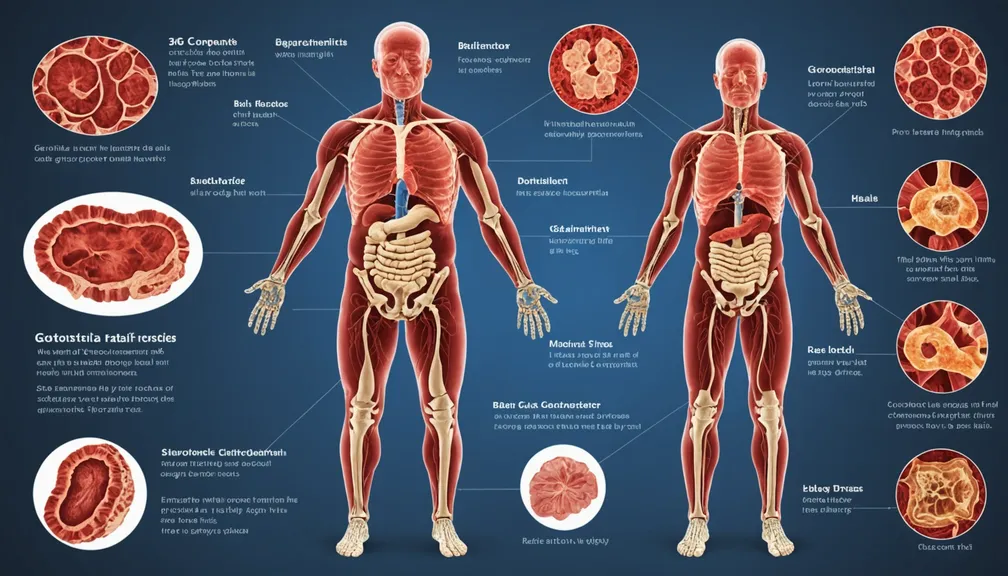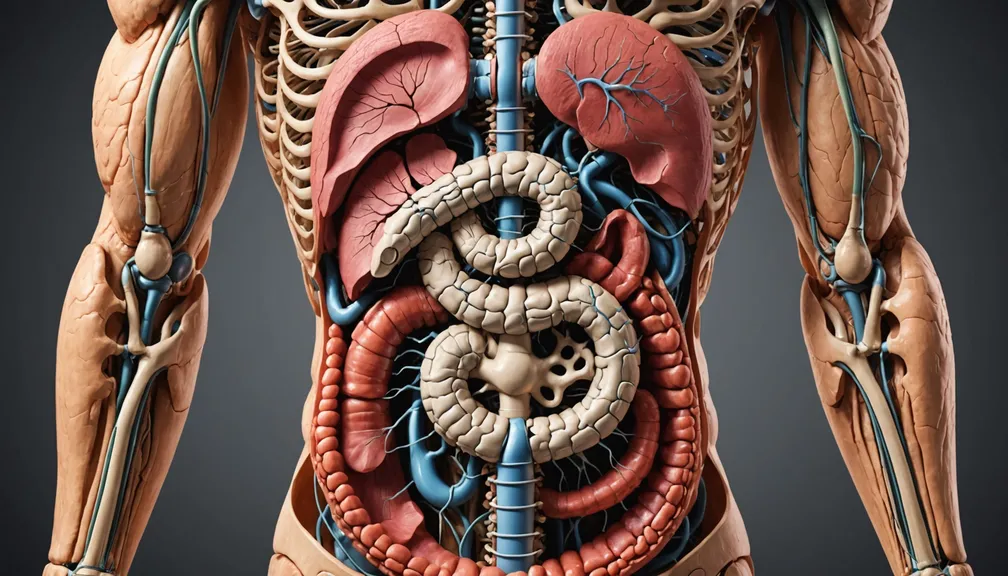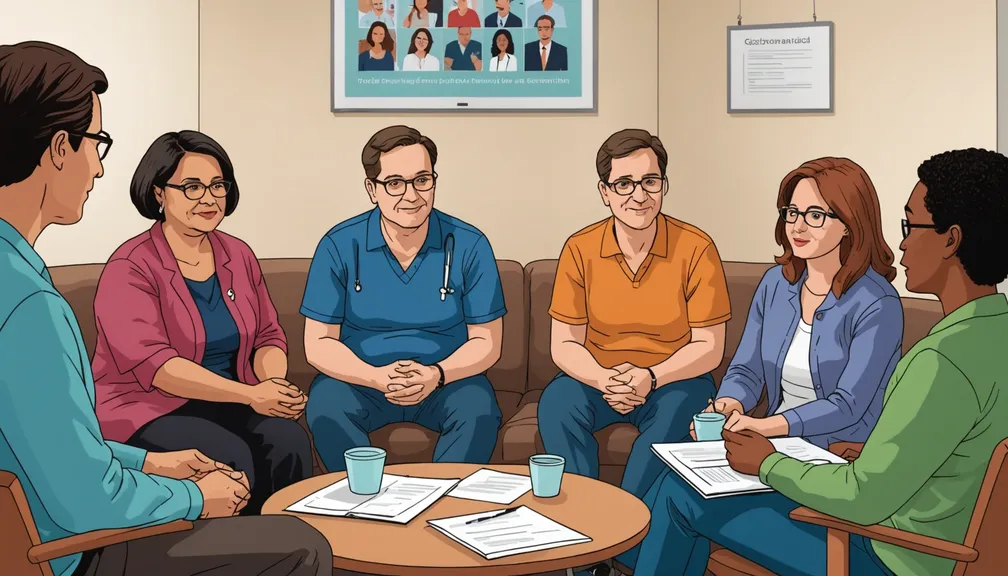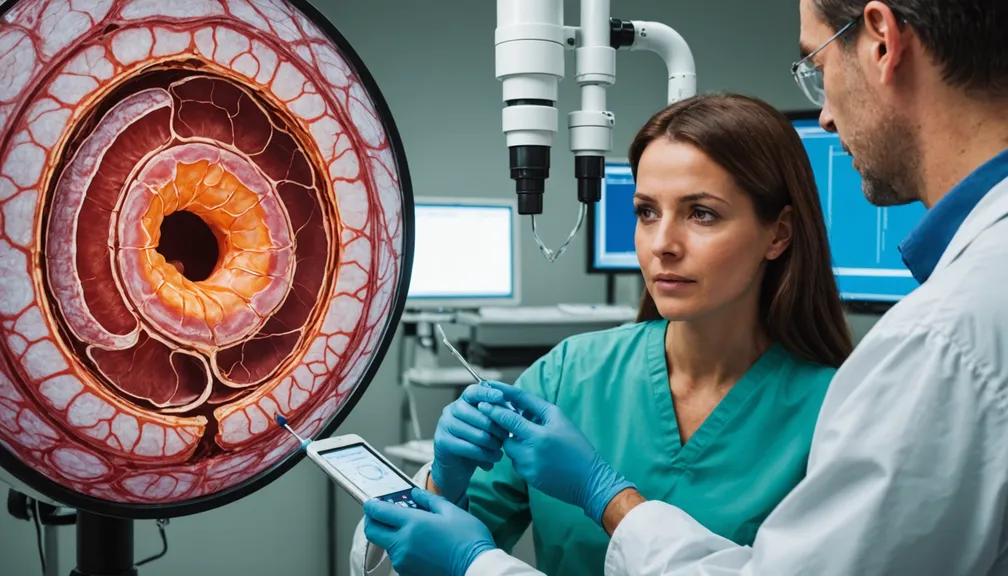Medical Treatments: Medications and Surgical Options
Understanding the medical treatments available for rare gastrointestinal disorders can empower you and your loved ones to make informed decisions about care. This lesson explores the various medications and surgical options used to manage these conditions.
Medications
Medications play a crucial role in managing rare gastrointestinal disorders. They can help reduce symptoms, control inflammation, and improve the function of the digestive system.
Types of Medications
- Anti-Inflammatory Drugs
- Purpose: Reduce inflammation in the digestive tract.
-
Examples: Topical steroids like fluticasone or budesonide.
-
Proton Pump Inhibitors (PPIs)
- Purpose: Decrease the production of stomach acid.
-
Examples: Omeprazole, esomeprazole.
-
Immunosuppressive Agents
- Purpose: Modify the immune system’s response to reduce inflammation.
-
Examples: Azathioprine, methotrexate.
-
Motility Agents
- Purpose: Enhance the movement of the digestive tract to prevent blockages.
- Examples: Erythromycin, metoclopramide.
How Medications Work
Medications aim to manage symptoms and address the underlying causes of rare gastrointestinal disorders. For instance, anti-inflammatory drugs can reduce swelling and irritation in the digestive tract, while PPIs lower stomach acid to prevent damage to the esophagus and intestines.
Potential Side Effects
While medications can be highly effective, they may also cause side effects. It’s important to be aware of these and discuss them with your healthcare provider.
- Common Side Effects:
- Headaches
- Nausea
-
Fatigue
-
Serious Side Effects:
- Increased risk of infections
- Liver problems
- Bone density loss (with long-term use of certain medications)
Importance of Medication Adherence
Taking medications exactly as prescribed is essential for managing your condition effectively. Missing doses or stopping medication abruptly can lead to worsening symptoms or complications. Set reminders and maintain a medication schedule to help stay on track.
Surgical Options
In some cases, medications alone may not be sufficient to manage rare gastrointestinal disorders. Surgical interventions might be necessary to alleviate symptoms or correct structural issues in the digestive tract.
Types of Surgical Treatments
- Strictureplasty
-
Purpose: Widen narrowed sections of the intestine without removing any part.
-
Resection
-
Purpose: Remove damaged or obstructed sections of the digestive tract.
-
Transplantation
- Purpose: In severe cases, replace a diseased organ with a healthy one from a donor.
When Surgery is Recommended
Surgery may be considered under the following circumstances:
- Medication Resistance: When medications do not adequately control symptoms.
- Severe Blockages: Significant narrowing or obstruction that affects digestion.
- Complications: Issues such as perforations, severe infections, or abscesses.
What to Expect During Surgery
Surgical procedures for rare gastrointestinal disorders are typically performed under general anesthesia. Depending on the type of surgery, it may be done through traditional open surgery or minimally invasive laparoscopic techniques. Your surgeon will explain the specific process and what to expect based on your individual situation.
Recovery After Surgery
Recovery time varies depending on the type and extent of surgery. Common aspects of post-surgical care include:
- Hospital Stay: You may need to stay in the hospital for several days to monitor your recovery.
- Post-Operative Care: Managing pain, caring for surgical wounds, and gradually reintroducing food.
- Rehabilitation: Physical therapy or gradual resumption of daily activities to ensure a full recovery.
Multidisciplinary Care Team
Managing rare gastrointestinal disorders often requires a team of healthcare professionals working together to provide comprehensive care.
Types of Healthcare Professionals Involved
- Gastroenterologist
-
Role: Specialist in diagnosing and treating digestive system disorders.
-
Surgeon
-
Role: Performs necessary surgical procedures to correct structural issues.
-
Dietitian
-
Role: Advises on nutritional needs and diet modifications to support digestive health.
-
Nurse Practitioner
-
Role: Provides ongoing care, monitors progress, and coordinates treatment plans.
-
Psychologist/Counselor
- Role: Offers support for emotional well-being and helps cope with the challenges of chronic illness.
Collaborating with these professionals ensures that all aspects of your health are addressed, enhancing the effectiveness of your treatment plan.
Remember, every individual’s situation is unique. Always consult with your healthcare team to determine the best treatment options for your specific condition.






